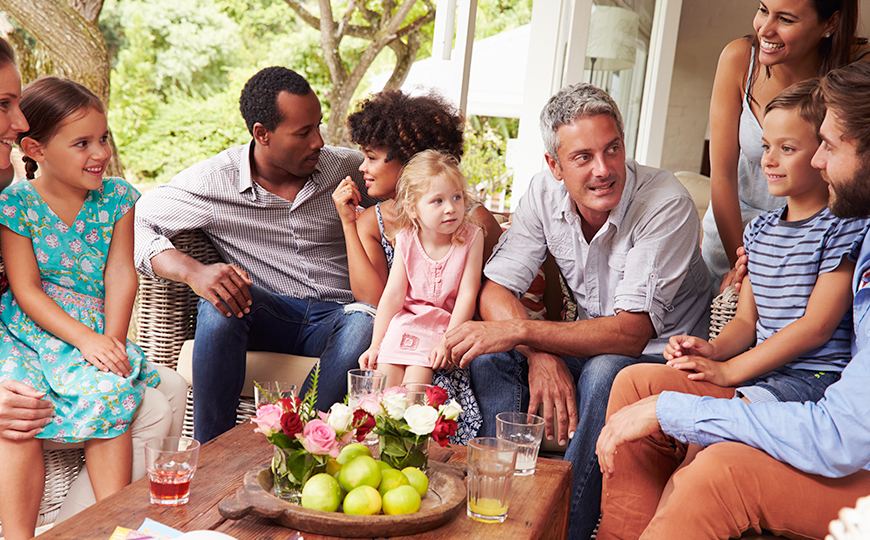At Having Kids, we’re concerned about the quality of life each child will have on this planet. We want them to have access to education, food, a safe and caring community, and a livable planet. We promote the idea of having smaller families, supported by the community and parents, so that current and future generations can live a better life. But having meaningful conversations about family size can be challenging, and we need to find a respectful way to do it.
For example, a village in India recently intervened to stop a family with seventeen children from having any more, because of concerns about the wellbeing of the children. In the United Kingdom, a son publicly criticized his mother for having eight children, in part because he and his siblings were forced to parent the younger siblings. And in the United States, there has been a backlash against the Duggar family and their decision to have 19 children. But this type of criticism is divisive; it does not move us forward together.
Is there a better way to have this discussion? Can we move beyond simply criticizing large biological families? One alternative is to instead find common ground with people who want to create larger families, and to explore ways for everyone to agree on best, but alternative, outcomes. The Duggars, for example, recently adopted their first child, finding a way to help children and protect the world those children will live in at the same time. Many people find ways to parent by helping others raise their children. Can communities do more to share the responsibility for caring for the children that live in them, like communal day care and mentoring programs? Parents certainly need the help, and this is one simple way for those who want a large family to parent children in need.
Whatever common ground we seek, the key is starting a positive conversation about what everyone wants and needs, both now and in the future, and how to get there. Having Kids wants to start those conversations.

